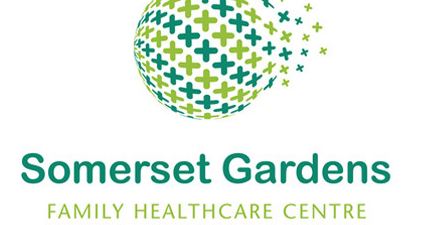What is Hypertension?
Hypertension (High Blood Pressure) happens when the force on the walls of blood vessels (caused by the blood within them) is more than normal. This means the heart has to work harder and the blood vessels are under more strain, making it a major risk factor for heart disease, stroke and other serious conditions. There needs to be a certain level of pressure in the arteries to move blood around the body. But, if blood pressure is higher than recommended over time it increases the risk of cardiovascular diseases like stroke or heart attack. High blood pressure (or hypertension) is usually diagnosed if your blood pressure is regularly above 140/90 mmHg.
People with high blood pressure may not feel symptoms. The only way to know is to get your blood pressure checked.
Things that increase the risk of having high blood pressure include:
- older age
- genetics
- being overweight or obese
- not being physically active
- high-salt diet
- drinking too much alcohol
Making lifestyle changes such as adopting a healthier diet, quitting tobacco, and increasing physical activity can help reduce blood pressure. However, some individuals may still require medication.
Blood pressure is recorded as two numbers. The first number, known as systolic pressure, indicates the pressure in the blood vessels when the heart beats. The second number, called diastolic pressure, shows the pressure in the vessels when the heart is at rest between beats.
Hypertension is diagnosed if, on two separate days, the systolic blood pressure readings are ≥140 mmHg and/or the diastolic blood pressure readings are ≥90 mmHg.
- An estimated 1.28 billion adults aged 30–79 worldwide have hypertension, with two-thirds residing in low- and middle-income countries.
- About 46% of adults with hypertension are unaware of their condition.
- Less than half (42%) of those with hypertension are diagnosed and treated, and only around 21% have it under control.
- Hypertension is a leading cause of premature death globally. One of the global health targets is to reduce the prevalence of hypertension by 33% between 2010 and 2030.
